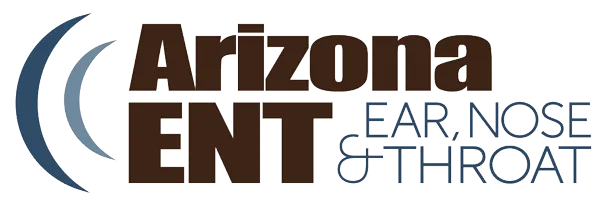Swallowing Disorders
updated: Dec. 13, 2019
Just like breathing or blinking, swallowing is an involuntary habit that we don’t often think about; however, swallowing is an important part of everything from speaking and socializing to consuming delicious food. Unfortunately, there are disorders that can affect a person’s ability to swallow. A swallowing disorder can be uncomfortable and troublesome, and a visit to an otolaryngologist can give you the answers you’re looking for as to what’s going on.
Some people having pain when they swallow while others may have trouble swallowing certain foods or feel as if there is something stuck in their throat. As a result, they may have trouble getting the proper nutrients and calories they need. Swallowing disorders are more common as a person ages. Swallowing disorders usually fit into one of two categories: esophageal and oropharnygeal dysphagia.
Esophageal dysphagia
People who often feel like they have something in their throats are often dealing with esophageal dysphagia as a result of:
- Gastroesophageal reflux disorder (GERD)
- Esophageal spasms
- Achalasia (esophageal sphincter dysfunction)
- Scar tissue of the esophagus
- Tumors
- Certain medications that can cause dry mouth
Oropharnygeal dysphagia
There are certain conditions that can also affect how the muscles in the throat function, which makes it more difficult to swallow food properly. Common causes include neurological disorders, nerve damage (spinal cord or brain injuries) and cancers of the head, neck, and throat.
Along with trouble swallowing, those with swallowing disorders may also experience:
- Coughing after swallowing
- The sensation of food being stuck in the throat
- Choking
- Regurgitation
- Sore throat
- Hoarseness
- Chest discomfort
If you experience persistent issues swallowing or if you also experience vomiting, regurgitation, or unexpected weight loss along with swallowing difficulties then it’s time to see an otolaryngologist.
Diagnosing Swallowing Disorders
To determine the cause of a patient’s swallowing problems their ENT doctor will go through their medical history, ask questions about the symptoms they are experiencing and then perform a physical examination. Based on the patient’s answers, your doctor will then determine which testing is needed to make a diagnosis. Common diagnostic tests include:
- Endoscopy
- Esophageal muscle test (manometry)
- CT scan
- Dynamic swallowing study
- Barium esophagram
- 24-hour pH impedance (to evaluate acid reflux and regurgitation)
Treating Swallowing Disorders
As you can see from the list above, there are many conditions and causes that could result in swallowing disorders. Therefore, the treatment you receive will depend on the cause and severity of your symptoms. Your ENT specialist will work with you to create an individualized treatment plan to reduce symptoms. With chronic conditions, your doctor will find ways to help you manage the underlying condition to make swallowing easier.
Our Locations:
14510 W. Shumway Dr. , Ste 101, Sun City West, AZ 85375
10503 W. Thunderbird Blvd., Ste 104, Sun City, AZ 85351
